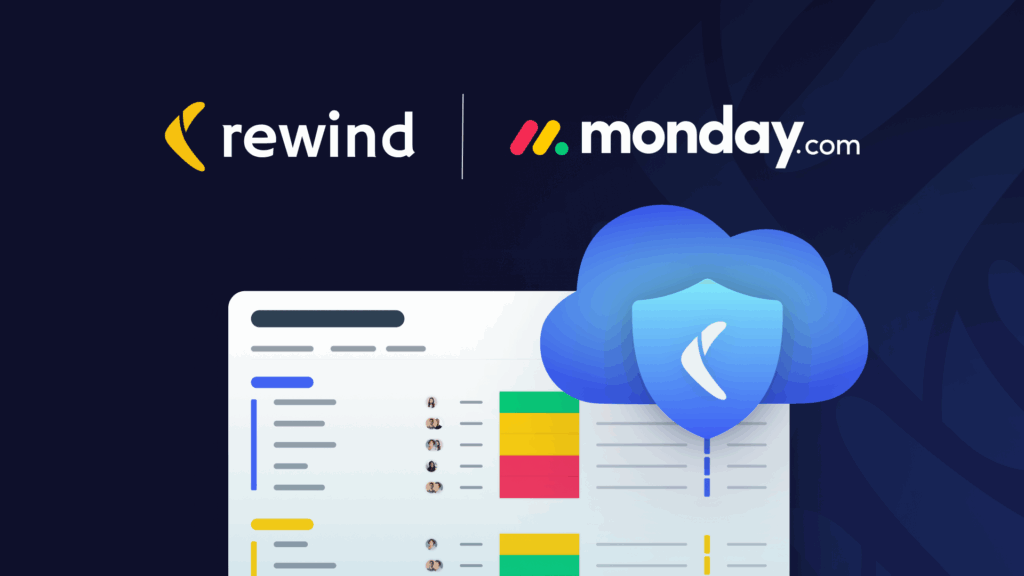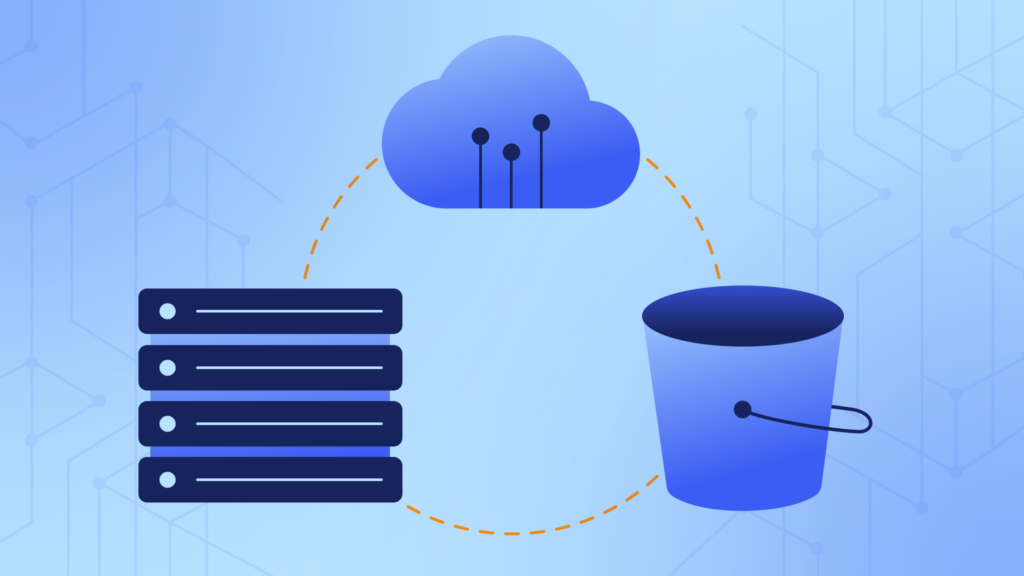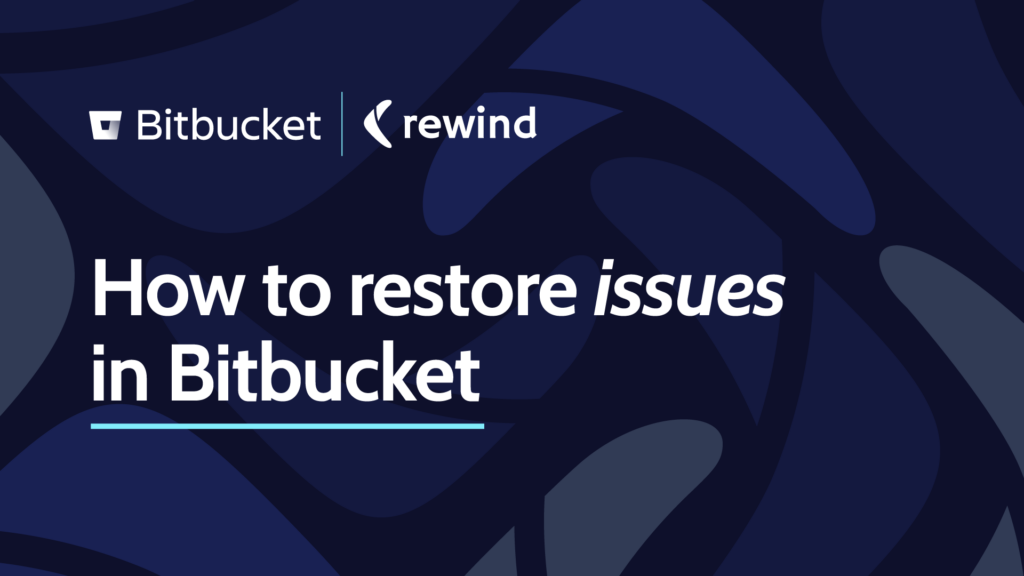Together with your team, you’ve been pushing yourselves hard with lots of innovation, creativity, and a burning desire to succeed.
As a result, your revenue has grown beyond your expectations. Your team is also growing. You have more work to do, more clients to serve, and less time to do everything efficiently. Running your ecommerce business is starting to feel like you’re trying to build and fly a plane at the same time.
If this scenario feels familiar, you may want to consider setting up your business differently. Scaling your ecommerce business could be the lasting solution to this… However, with scaling, you need to get three things right:
- Use the right tools to increase efficiencies;
- Have enough money to cushion your business when times get rough; and
- Align everyone to a core vision and ensure the execution of your scaling strategy.
In this post, we’ll focus on the tools you need to have when scaling your business as an ecommerce entrepreneur. First, we need to walk through the difference between scaling and growth and assess whether your business is ready to scale.
How is Scaling a Business Different from Growing One?
When you’re growing your business, your revenue, market share, and people are all increasing. Your expenses are also increasing at the same rate.
For example, if you have 2,000 customers and get 4,000 customers, you have to hire customer service agents, hire more delivery agents for delivery, among other things, to help you serve your new customers. The cost of running your business will increase as you grow.
On the other hand, when scaling, your revenue, market share, and people increase, but your expenses remain the same, and if they increase, it’s negligible.
Using our earlier example, you’ll serve 4,000 customers without a significant increase in the costs you incur. Where you needed ten new customer service agents, you’ve automated the process and only need two or three agents. Where you need to hire more delivery agents, you have one third-party logistics company at a fraction of the cost. As you scale, you’re going to do more with less.
Having understood the difference between the two, what do you need to know before you start scaling your business? Let’s find out:
Questions to Ask Before Scaling Your Business
When scaling, your business needs will change. You’ll have to adapt and keep up with them. To prepare you for the unpredictability that comes with scaling your business, here are three questions you need to answer;
Do I Have the Resources I Need?
There will be lots of testing to see what’s working and what’s not, then doubling down on what’s working for your ecommerce brand.
You’ll also find yourself focusing on speed and quality, meaning you need repeatable processes and checklists that ensure consistency for your business growth. Do you have enough people to get the job done? What is their skill level? Are you willing to train them, or will you bring specialists and pay them what they’re worth?
Do I Have the Tools I Need?
The tools you’ve been using, up to this point, have worked well. Nonetheless, as you move towards scaling, that will change. There are a lot of tools out there, and given that 80% of businesses in the U.S are using at least one software tool—marketing automation, CRM, and video hosting software—it doesn’t mean that all tools are good for scaling.
You’ll need tools with more functionality and improved capabilities such as artificial intelligence to help you take over and automate common tasks for your online business.
For example, relying on email for customer service alone will prevent you from scaling. You may need tools like chatbots and live chat to address common customer service issues, as your agents focus on handling more complex problems.
What Are My Competitors Doing?
Who are you running against? As you scale, you want to use a strategy that helps you stand out in your marketplace. Your differentiation elements emerge once you study your competitors, know what they’re doing well and where they’re lacking in operational gaps while working towards outperforming them.
Case in point: customer service can be an excellent differentiating factor. How do your competitors serve their customers? You need to be an insider to know how they do it.
Buy one of their products (you don’t have to do it yourself) and then let them deliver it to you. Your work here is to track their communication, their delivery timelines, and their sales emails all along so that you understand what you need to do to stand out.
Other things to look at in your competitors are:
- Amount of traffic they get and where they get it
- Their sales messages – UVP and USP
When Is It Time to Scale?
The decision to scale your business is big, and its undertaking is equally important. A rule of thumb to follow is never attempting to scale your business (whether it’s a traditional or ecommerce business) too early in its lifecycle. For example, suppose you try to scale your business without building a solid foundation. In that case, you’re only setting your business up for failure because even a small mistake will prove fatal in that scenario.
If a business scales too early on, it might become difficult to get a positive ROI without increasing revenues. Just know that you’ll never be done entirely with scaling your ecommerce business. You’ll always be tweaking, remodeling, building, and expanding your work and online store to increase your business’s longevity.
How to Scale Ecommerce Business: Five Tips
Here are five tips to effectively scale your ecommerce business:
Getting the Word Out
This is one of the simplest forms of scaling. Just think of it like this, if nobody knows your ecommerce business exists, no one will buy from you.
So the very first thing you’ll have to do is come up with a good marketing strategy and set a marketing budget. Of course, there is no one-size-fits-all strategy. Every business is different, and every online store provides something unique; however, word of mouth advertising continues to be the best marketing medium, especially for ecommerce platforms.
With that being said, what your ultimate marketing strategy looks like will come down to your target audience, where you ship to/from, your ecommerce brand, and many other factors. But generally, you can’t go wrong with providing discounts/offers/incentives/coupons to get the word out. So use them!
Investing in Automation
This domain covers multiple things, from not fulfilling items yourself to employing automated software for inventory and repricing.
Scaling your ecommerce business will require you to outsource the jobs you used to do by yourself. The main idea is to cut down your hours spent doing these simple tasks that can be designated to someone else or to software. Hence, you can use that time for the more sophisticated and finer shades of your ecommerce business.
Get a capable inventory management system and warehouse management. Invest in good accounting software and social media advertisement. Social media sites, influencer marketing, and email marketing can boost sales for your ecommerce business and push you towards automation.
Not only that, but automation also has the added perk of delivering your customer a consistent and professional approach.
Focusing On Customer Support
One thing you should not leave to automation is customer support; since scaling is where you want to keep some human touch to your business. Unfortunately, many ecommerce business owners don’t understand how necessary customer service is and lose the touch of personalization during the scaling process. Poor customer support will hurt your ecommerce business, especially with your target customer having so many options at their fingertips.
The best way to go about it is by combining automation with a personal touch so that your buyers connect with you and feel like people, not another dollar sign. Increasing customer support also means that you focus on your existing customers while attracting new ones, increasing your customer retention throughout your business’s life cycle.
When scaling your ecommerce business, you must consistently provide excellent customer service and focus on customer growth to increase customer retention and build a solid ecommerce business foundation.
Getting Something Else To Fulfill Orders
Even though it comes under the umbrella of automation, its importance is much more when you scale an ecommerce business. When scaling, you must stop self-fulfillment since it will eat away a lot of your time. Just think of all the steps you have to do by yourself:
- Select the right sized padded envelope or box
- Pay for the envelope or box
- Work at your price to reflect the product’s cost
- Create and attach a shipping label
- Search and select items from an inventory and if orders are high, find more inventory storage space
- Wrap them and place them in a container or box (and put the packing material in as well)
- Factor in all the taxes and tariffs into the price of your product
- Take the time to go to the shipping office, wait in line, give them the package and instruct them, and then spend some more time coming back to the office/home
- Repeat it day in and day out, along with various fulfillment-related tasks
Self-fulfillment just isn’t worth it. You might hesitate when you look at the overall cost to pay someone or something else to do it for you; however, compare it to the projected revenue you’ll attain from scaling up your business, and you’ll understand that it’s all worth it.
Don’t Forget About The Online Store
It doesn’t matter if you’re using your website or Amazon; you don’t want to forget about it even for a second. Ecommerce entrepreneurs understand that their online store is the first contact point for most of your consumers. For any business scaling strategy, first impressions are much more critical online than in person.
Even if something small goes wrong, you won’t be able to tell it by their body language and have some time to make it right. So instead, your potential customer will click off and go to another site. And if that happens constantly, then your ecommerce business lifespan might be lower than you might think.
Ensure that your website is error-free, full of high-resolution and pretty pictures, has high functionality, is easy to use, and is updated with all the current promotions you provide.
The Must-Have Tools for Scaling Your Ecommerce Businesses
Scaling should be a balanced approach because paying attention to one area of your business while ignoring another is a recipe for disaster.
If you drive tons of traffic to your store, get lots of sales but can’t deliver to your customers on time, you’ll lose your customers for good and end up with a bad reputation in the marketplace.
We group scaling tools into the following categories for an online business:
- Marketing tools
- Analytics tools
- Customer service tools
- Business management tools
- Miscellaneous tools
Marketing Tools to Create Your Ecommerce Business Foundation
No matter the channel and approach you choose to reach your customers, you need to do it effectively to avoid having a high cost of customer acquisition. Marketing tools help you automate repetitive tasks so you can get more work done in less time.
1. Rightinbox
As you scale, you’ll find yourself entering new markets, introducing new products, or having new customer segments. All these activities carry some element of risk because you’re never sure how things will turn out. Rightinbox helps you reduce the risks you’re exposed to by helping you implement your email marketing strategy effectively at a low cost, but with all the functionality you need to get things done.
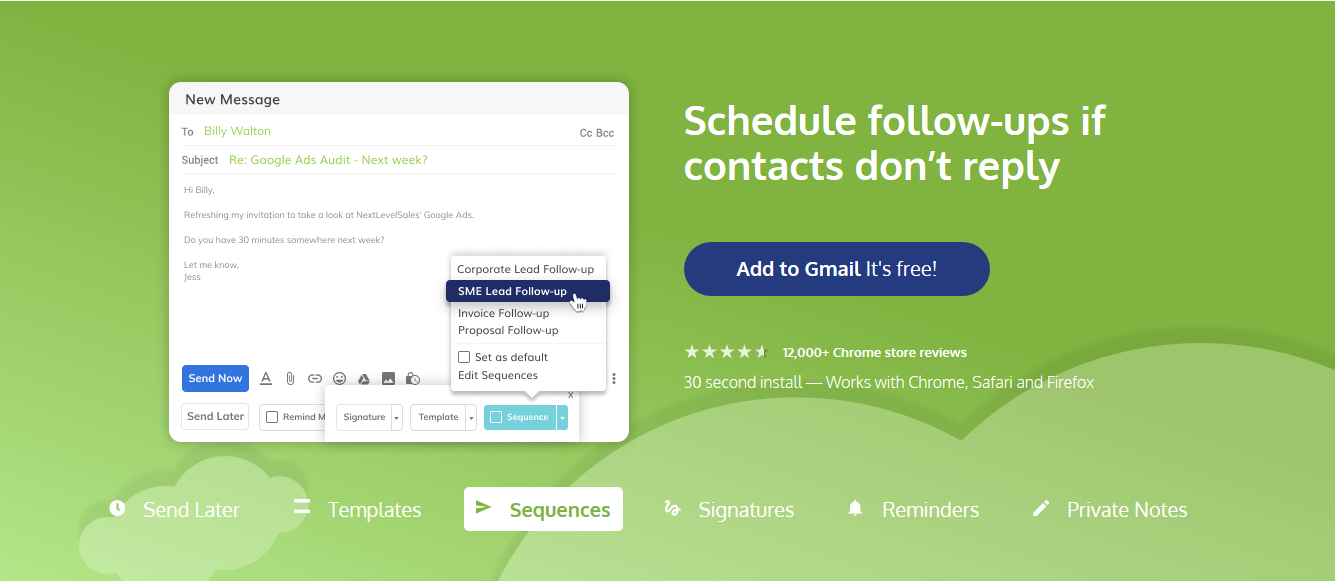
Features that will help you scale
- Allows you to create email sequences to nurture the leads you get in new markets
- Provides you with email templates to help save time when sending emails
- Allows you to create engaging emails through embedding GIFs
- Provides you with metrics such as email opens and clicks on your email links
- Makes your work simpler by integrating with Gmail
2. Adobe Photoshop
What would you do if a customer bought a product from you, e.g., a dress, then you asked them to send you a photo of them wearing it. The quality of the photo wasn’t that impressive, so you’re wondering whether to use it or not. Do you do away with it, yet you know that your photos help boost your conversions?
Your product photos matter, and no matter the quality of photos you have, Adobe Photoshop helps you improve their quality.

Features that will help you scale
- Allows you to adjust product colors for clarity
- Create beautiful website images to hold your web visitors’ attention and increase dwell time
- Allows you to introduce 3D angles on your product images to help your customers get a better view of your products
- Allows you to use it on both desktop and mobile devices, so you can edit photos from anywhere
- Provides you with cloud storage that saves your work and syncs it across all your devices
3. Canva
When running social media marketing campaigns, use Canva to turbocharge your social media copy. It allows you to create compelling visuals that stop the social media users you’re targeting in their tracks and piques their curiosity to check out what you have to offer.
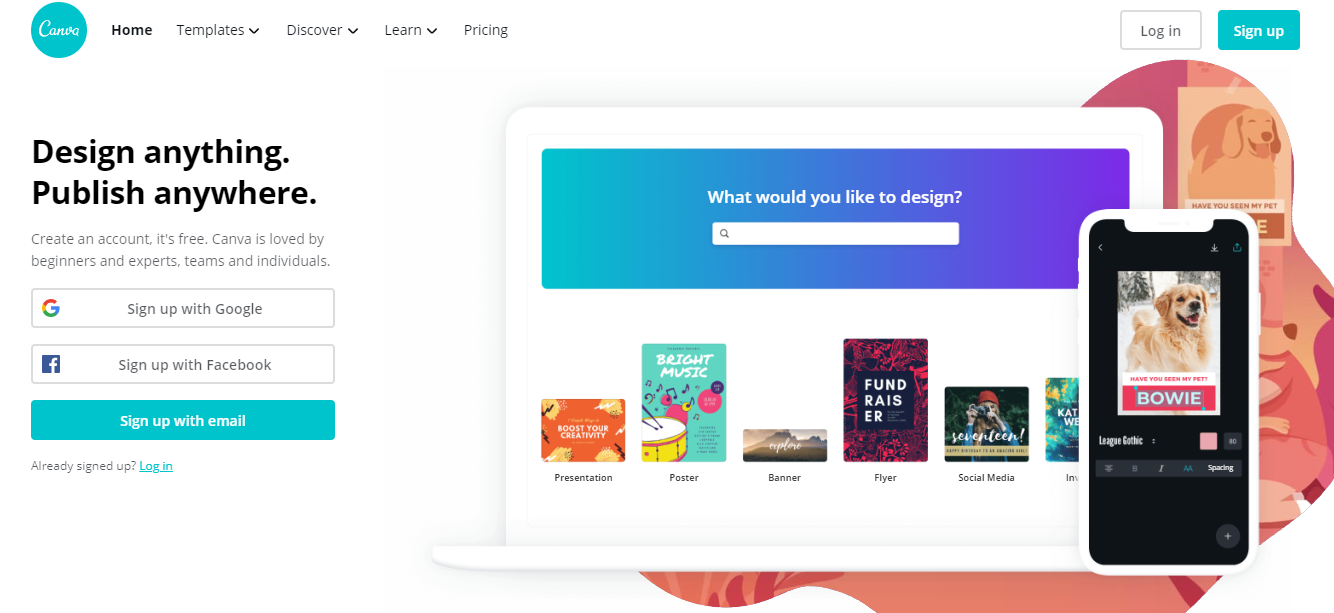
Features that help you scale
- Use their customizable templates, so you don’t have to start from scratch
- Their collaboration tools allow you to get your team involved, so you share images that you create
- Drag and drop features to help you create social media images faster
4. Hootsuite
Given that 9 out of 10 ecommerce stores have more than one social media account, you need to do more to stand out. Ecommerce brands that do well on social media don’t rely on running ads to their products. They listen, network, and share valuable content with their followers to engage with them and build awareness about their products.
That’s where Hootsuite comes in to do the heavy lifting for your social media marketing team.

Features that help you scale
- Schedule social media updates on different accounts to go live at the right time
- Enables you to track engagement and see what’s working
- Allows to monitor brand mentions so that you respond on time
- Lets you manage other users on your team through different levels of permission
5. Drift
Live chat offers so many advantages for your business. You can answer questions, solve problems and even increase sales, all in real-time. But it can still soak up precious time and resources. That’s why you need Drift to automate as much as possible.
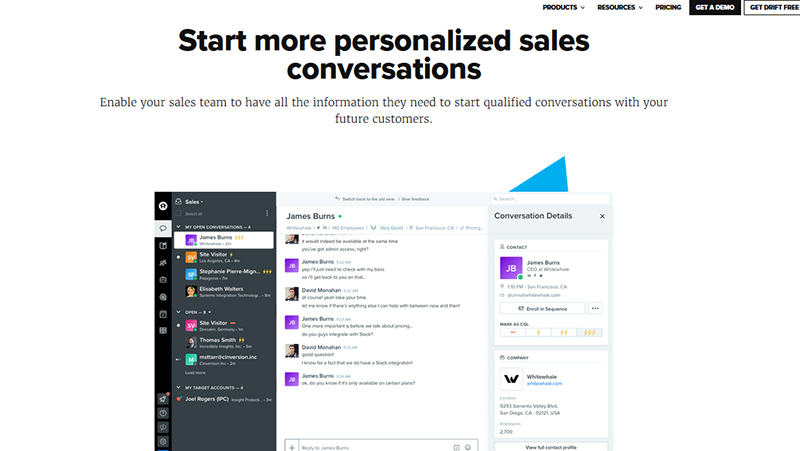
Features that help you scale
- The Dritftbot allows you to create customized conversations with shoppers based on the pages they visit and the products they browse; it even tracks return visits
- Integrates with the tools you’re already using for improved functionality
- Provides you with a metrics report to show you how well you’re doing
6. WordPress
It’s possibly the most popular content management system around. WordPress allows you to start a blog and publish content to help your readers learn more about the solutions you’re offering. WordPress also lets you build dedicated product landing pages.
These landing pages can help increase conversions because they target a specific customer segment and needs. Zoma Sleep Mattresses has a great example on their WordPress site:

Features that help you scale
- Allows you to use plugins for landing page builders
- Allows you to optimize your landing pages for search
7. Loganix
When entering a new market, you’re going to face major competitors who have already established themselves on a national or global scale. It will be a challenge for you to get market share and outdo them. So one effective strategy is to think local. According to advertising software Wordstream, 51% of consumers are looking for location-based coupons.
Use Loganix to create local citations (and offer coupons) to help you show up on local search results to establish your presence in this new market.
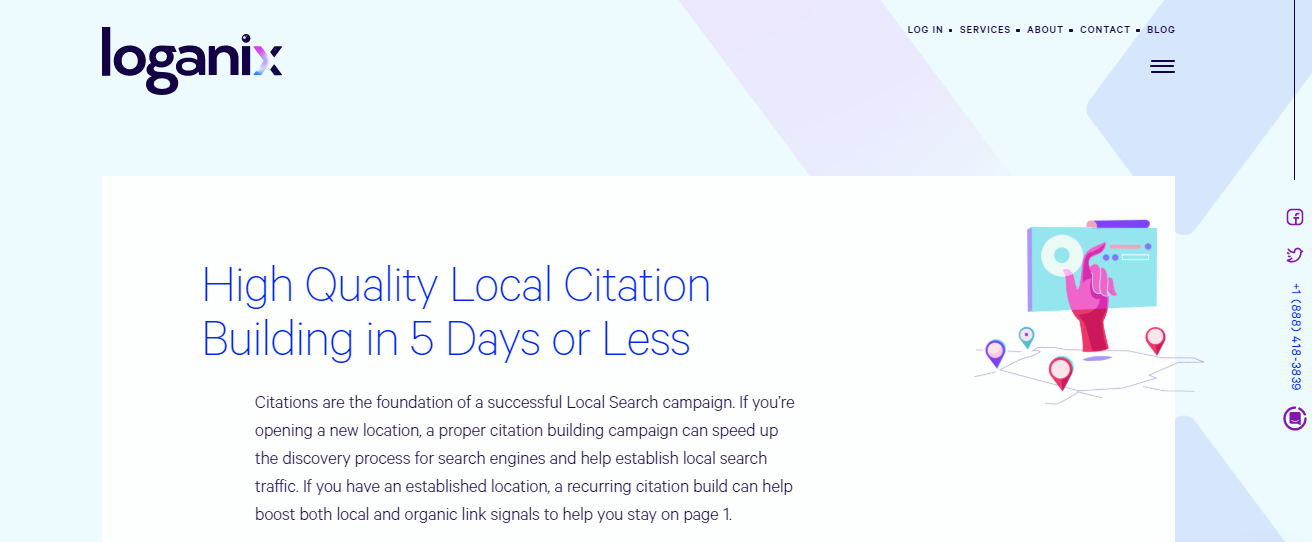
Features that help you scale:
- Provides you with consistent and customized citations that help you maintain your local search rankings
- They keep you posted on everything they’re doing, so you don’t have to guess or wonder if you’re getting the service you paid for
8. Forms on Fire
You’ll need to diversify your sales funnels to help you get hold of leads earlier in their buying stages. In addition to using landing pages, use Forms on Fire to create quizzes and surveys that help you understand your customers and serve them better.
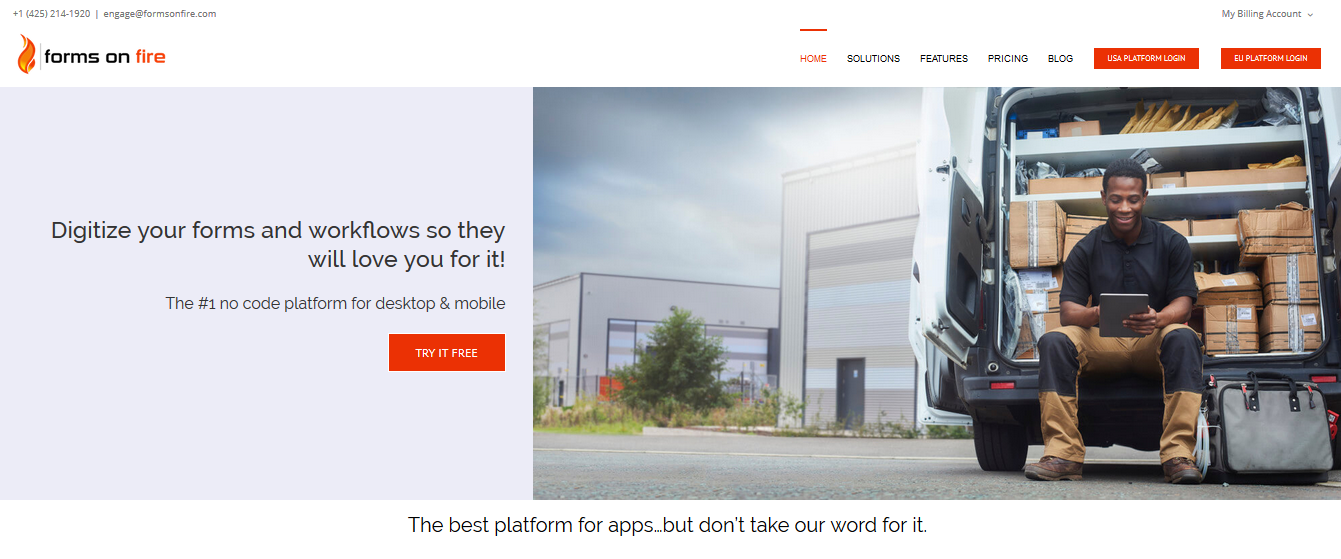
Features that help you scale
- Has drag and drop features to help you save time when creating forms
- Has templates for you to use so you don’t start have to start from scratch
- Allows you to integrate with other apps you’re already using for efficiency
- Works on both mobile and desktop devices, so your potential customers aren’t limited by the device they’re using
Analytics Tools
9. Google Analytics
The majority of ecommerce businesses already have this in place. However, the data you get as you scale matters. You need to get the right data because that’s what will inform your decisions.
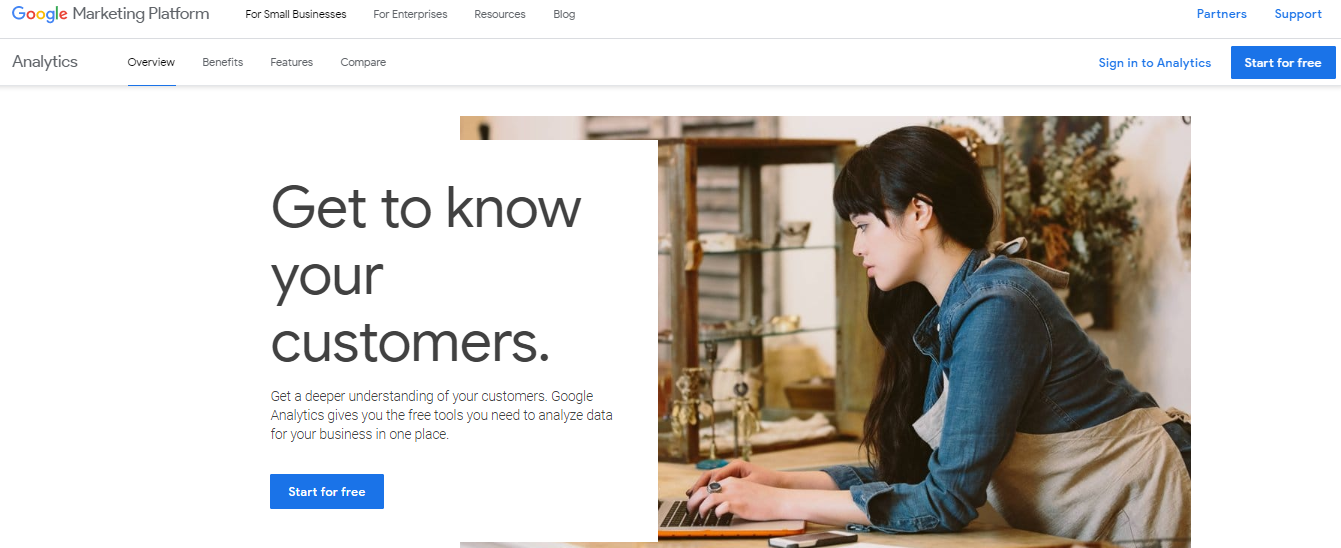
Features that help you scale
- Allows you to filter unnecessary data such as spam and internal traffic to help you get the right traffic stats
- Group your content into common themes for better analysis
- Track events- these are links, clicks, and play/pause buttons on videos for each campaign you’re running
- Get demographic and interest reports to know who among your target audience is converting
10. Moz
When running inbound marketing campaigns, SEO will be a critical element of everything you’re going to do. Moz helps you track essential metrics at the top of funnel to help you know how well you’re doing.
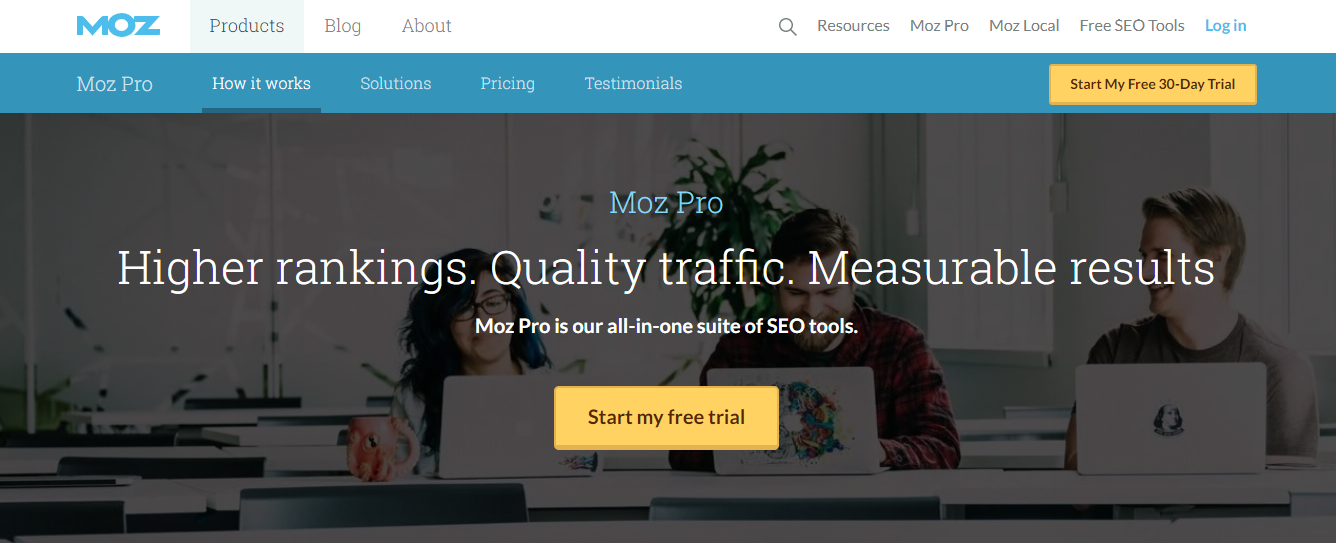
Features that help you scale
- Audits your webpages and recommends what you need to do to improve your on-page SEO
- It helps you analyze your competitors’ backlinks to know who is linking back to them
- Provides you with a report showing you how well your keywords are ranking
11. Kissmetrics
Knowing your conversion rates is one thing. Understanding the journey a customer took until they convert is another. To run relevant marketing campaigns and show up at the right time on your customer’s radar, requires a tool like Kissmetrics. It gives you a bird’s eye view of everything that’s going on, so you adjust your strategy to align it with what customers want.
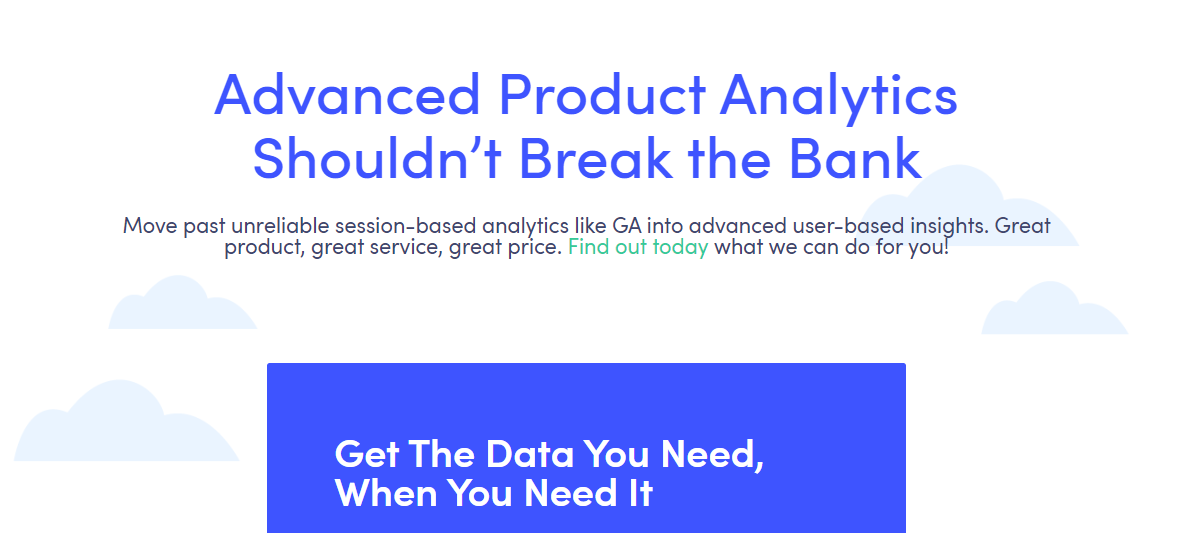
Features that help you scale
- Provides you with a report of all your marketing efforts to know what’s working and what’s not
- Provides you with support during the setup
Customer Service
Customers stick with businesses that care about them. Faster response times, customized solutions to their problems, and going the extra mile are all hallmarks of excellent customer service. But you can’t rely on your team to do that on their own. Here are tools to help them serve your customers better:
12. Zendesk
Some of your customers and web visitors have complex requests that are beyond a chatbot’s capabilities. Zendesk complements your chatbot by having a live agent to process these requests. Besides, 95% of your customers value high-quality support over speed, which is exactly what Zendesk allows you to deliver.
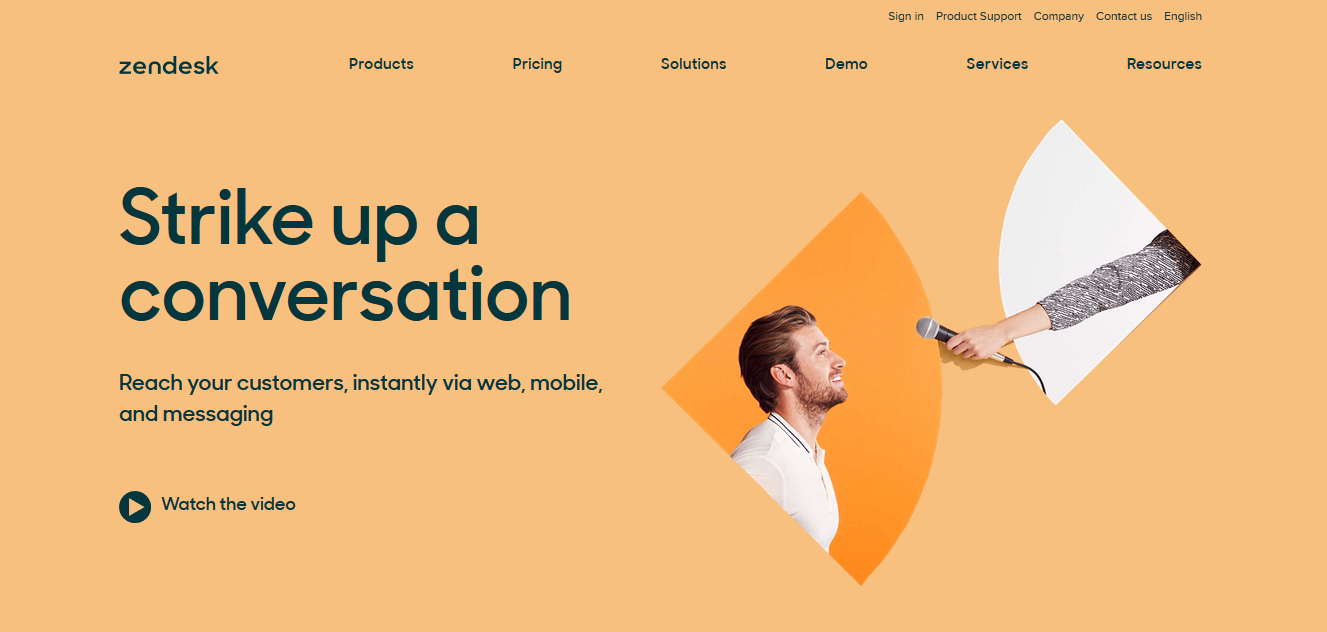
Features that help you scale
- Integrate with other tools you’re using
- Has a community forum to help you learn from other users who have used the tool
- Provides metrics that track conversations your agents have with customers to improve the quality of service
- Allows you to route chats to a specific department so that you handle customer requests better
- Allows you to customize your chat conversations depending on the page a customer visits to help you boost conversions
13. Smile.io
For you to scale effectively, you need loyal customers. Using excellent customer service helps, but it’s not enough. Going the extra mile using Smile makes shoppers feel like they’re winning, every time they buy from you, by rewarding them with loyalty points.
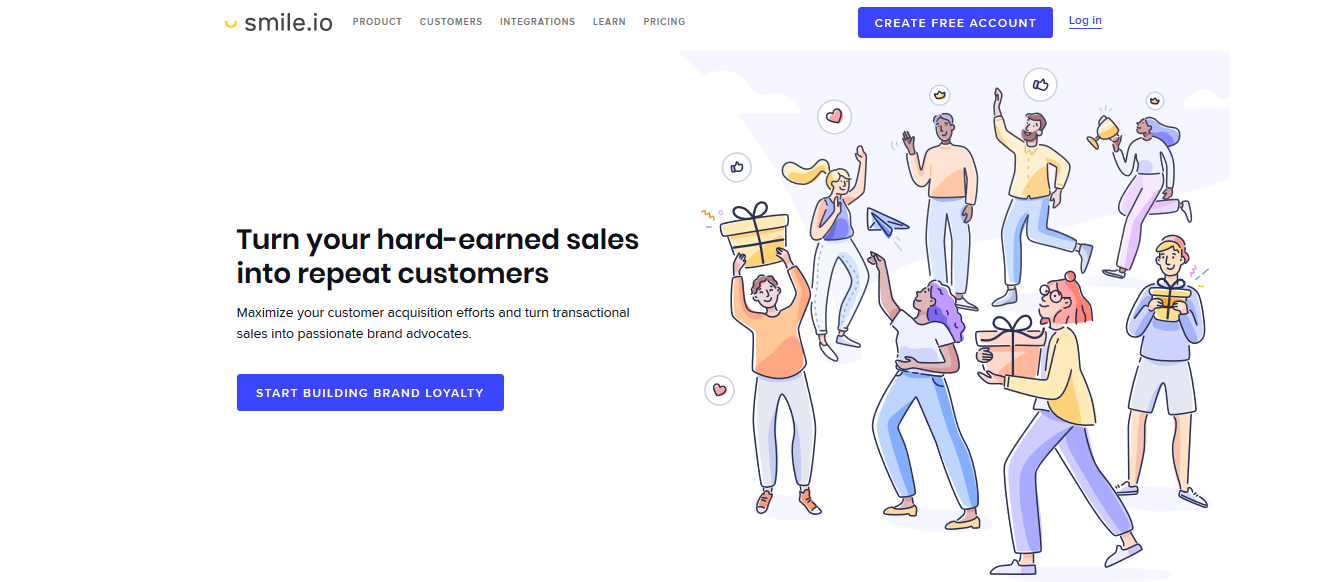
Features that help you scale
- Reward your customers with loyalty points every time they buy from you, write a product review, or create an account
- Set expiry dates for points earned to help keep your customers engaged by redeeming them
- Integrates with Shopify and BigCommerce and any other tool you’re using for your store
- Has an intuitive user interface making it easy for you and your customers to use it
- Has excellent customer service to help you deal with any problems you face when you’re using the tool
14. Yotpo
Customer reviews help increase your conversion rate because they increase trust and credibility, making it easier for customers to buy from you.Collecting customer reviews, however, isn’t easy. Sending emails asking a customer to provide a review after each purchase is time-consuming. Yotpo comes in to make your work easier by automating the process, helping you collect more reviews.
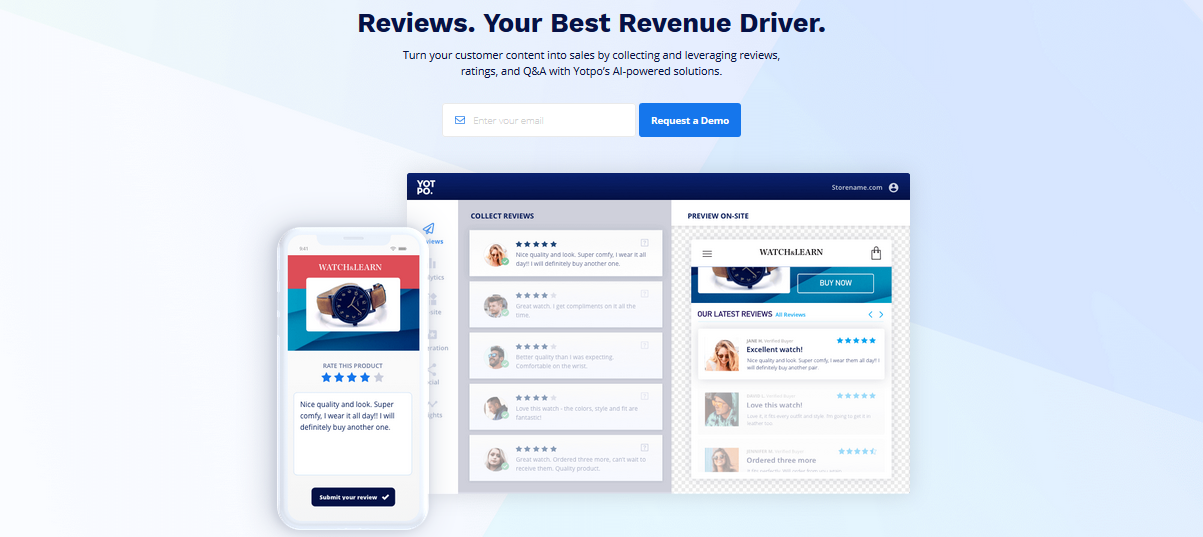
Features that help you scale
- Allows you to get more reviews from shoppers immediately after they buy, before leaving your store or by sending an automated email to them
- Allows you to showcase your reviews on your homepage, product pages, and on your checkout page
- Allows you to customize the questions you use to get reviews, so you receive meaningful feedback from customers
- It integrates with the apps you’ve already using
15. ReferralCandy
Your customers are your best sources of referrals, and including them in your scaling strategy will reduce your marketing costs. Your potential customers trust recommendations from their friends, reducing their apprehension to buy from you.Using ReferralCandy, get your customers to refer people they know to your brand and reward them in the process.
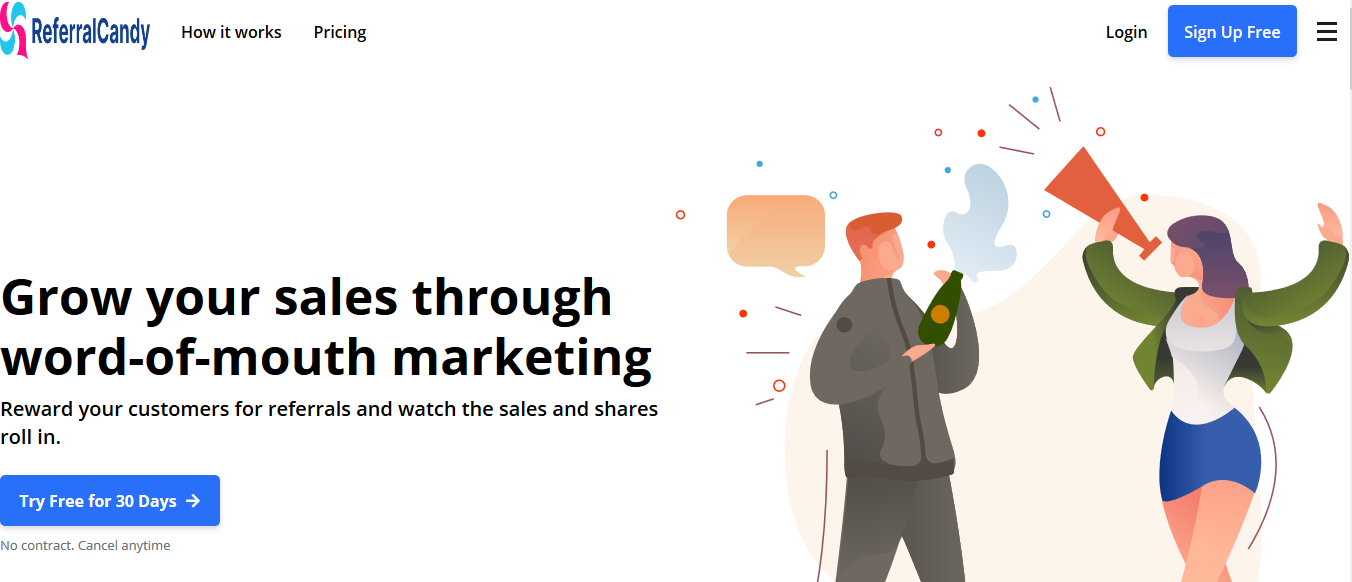
Features to help you scale
- Has excellent customer service to help you set things up fast
- Provides you with an analytics dashboard to help you know how your referral program is doing
- Allows you to customize your rewards and give your customers what they want after each referral
- Integrates with the tools you’re already using
16. Woven
At times, you have to speak with your customers directly, especially when you have to handle escalated customer service issues.To avoid escalating this issue further, avoid back and forth emails by using Woven to reach out to your customers and get them to book a call with you, depending on your availability.
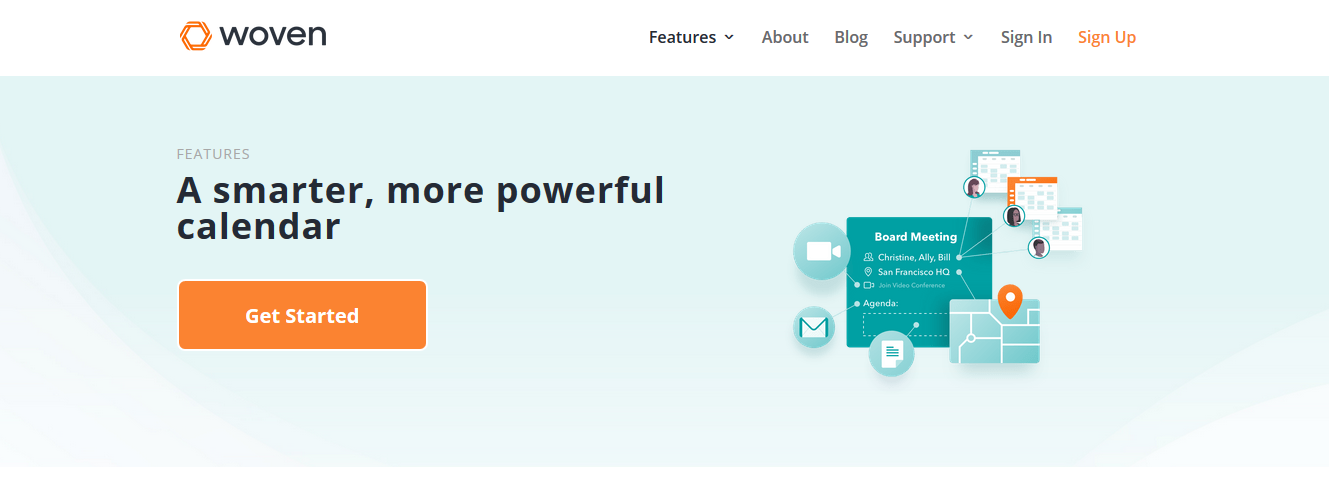
Features that help you scale
- Provides you with templates for the different meetings you have
- Provides you with analytics to help you prevent double-booking
- Provides you with integrated scheduling links to get rid of back and forth emails
- Has iOS integrations to help you schedule meetings from your mobile device
Business / Product Management Tools
In addition to marketing, customer service, and analytics tools, you need other tools to help you manage back-office operations, so you avoid slowing down once you build up your momentum.
17. Rewind
There is a one in four chance that something in your store will get deleted, disappear or stop working altogether. Depending on the problem you’re dealing with, you might take hours or even days to fix it. And in the process, you risk losing sales and the reputation you’ve built for a long time. Mistakes happen, so you need an undo button.
Rewind automatically protects all the critical data and content which runs your business. If you lose product pages or some third-party integration has wreaked havoc, Rewind restores your site to the last working version.
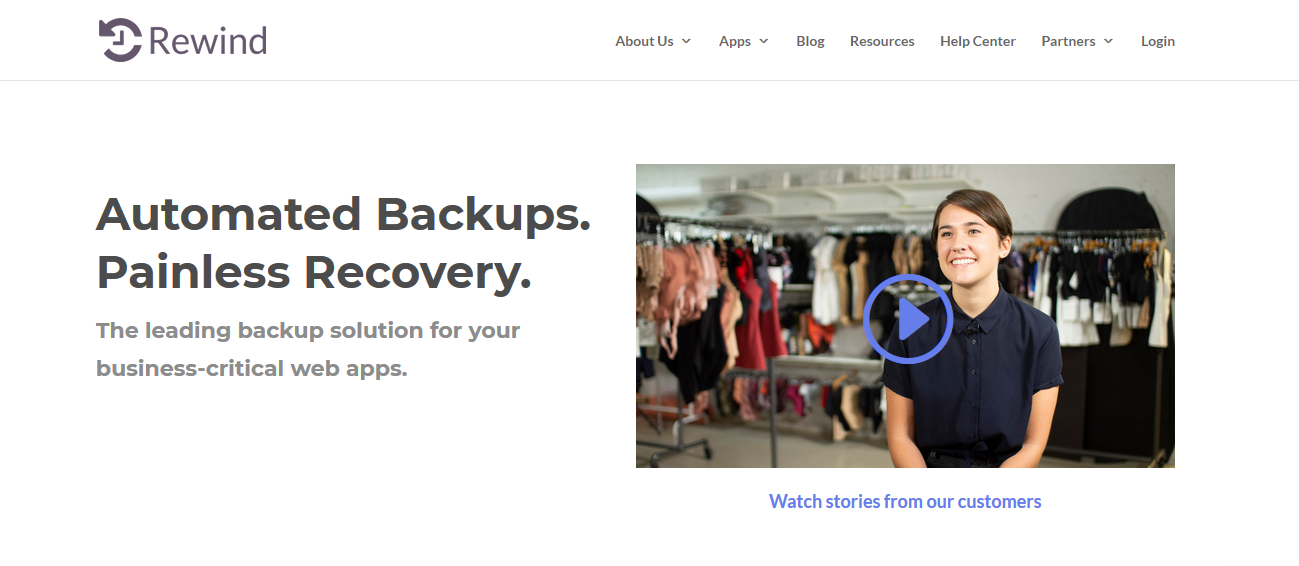
Features that help you scale
- It automatically backs up all the changes you make on your store every day
- Provides excellent customer service to help solve any challenges you run into
- Restore any data you want – your entire store, multiple products, or a single product
You can install Rewind from the appropriate App Store using the buttons below:
Get Rewind Backups for Shopify
Get Rewind Backups for BigCommerce
18. ShipBob
Shipping and order fulfillment is a core element of customer service, which, if not done well, will cost you loyalty and reputation. Ever seen a one-star review on Amazon talking about how damaged the product was when they received it?
As you scale, you’re going to enter into new markets in different locations meaning that you’ll need to have a reliable solution like ShipBob in place for efficient shipping.
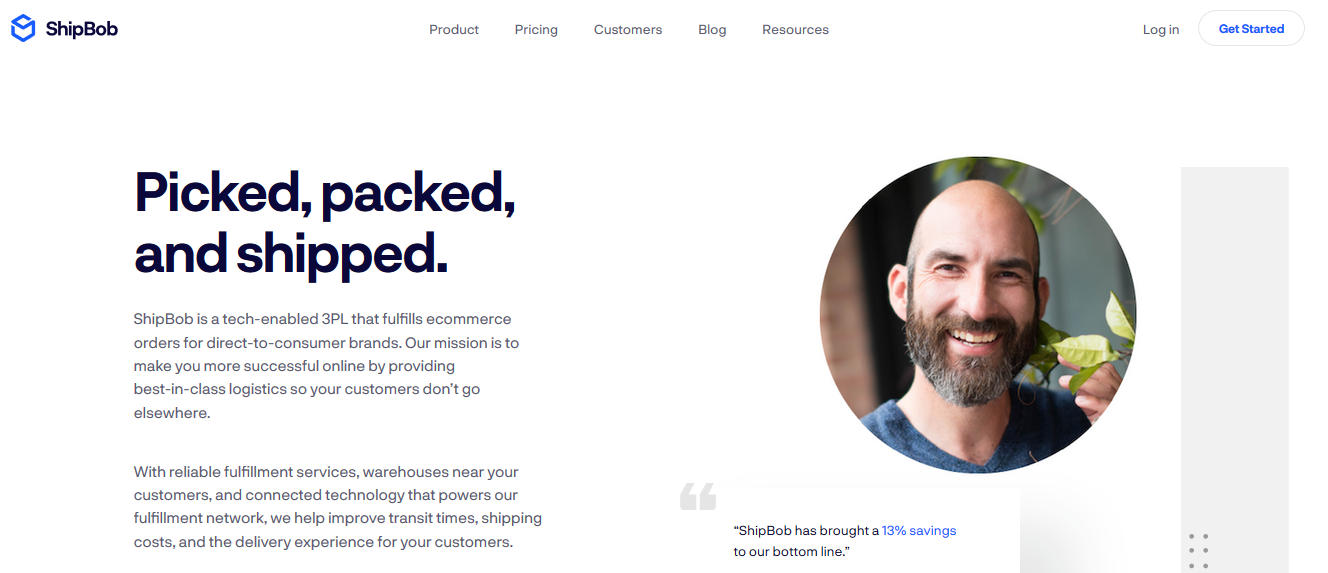
Features that help you scale
- Keeps you updated on your inventory, so you know when you need to restock
- Provides you with reporting and analytics for your shipments
- Offers same-day shipping for orders before noon
- Integrates with your store
19. Hiver
Team communication is vital to keep everyone on the same page. For example, running operations needs everyone to be aware of what’s going on and any problems that the team is facing. If you’re doing this in a silo, then delays, disputes, and confusion are bound to hold you back.
Use Hiver to provide a single source of truth to avoid these problems All you need to do is integrate it with Gmail, and you’ll be good to go.
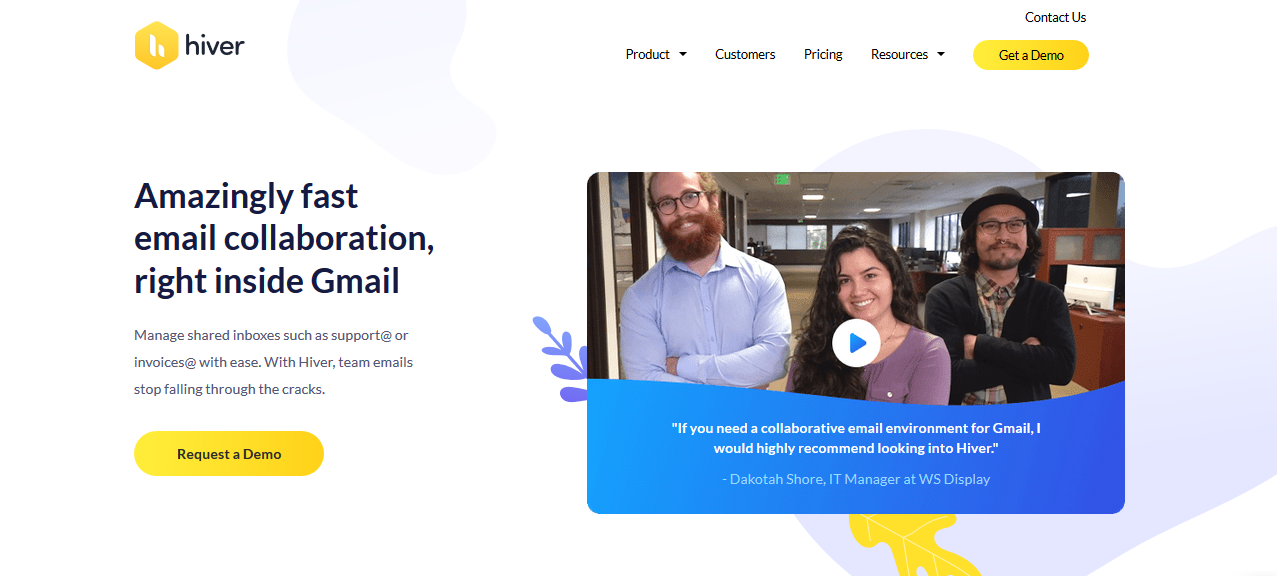
Features that make you scale
- Works within Gmail
- Use it to run different departments, such as email customer support, operations, or accounts
- Helps you collaborate with everyone else by assigning tags and mentions
20. TaxJar
You need to stay in the good books of the IRS, or you may face some obstacles your to running your business Keeping track of every sale and associated taxes dues can quickly become a chore if you don’t have a tool like TaxJar to help you do it well.
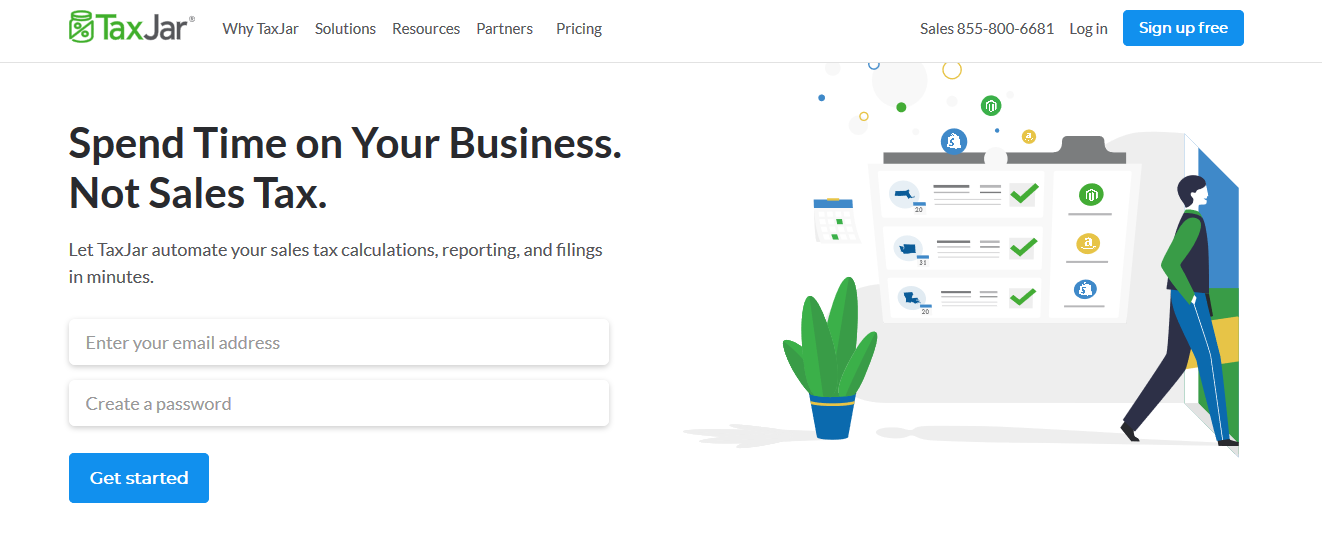
Features that help you scale
- Integrates with your store for improved functionality
- Has a tax calculator that enables you to get the correct amount of tax you need to pay
- Shows you how much tax you owe in every state you’re operating in
21. Hellosign
Whenever you have to sign agreements with your suppliers and contracts with employees, use a tool like Hellosign that gets rid of paper contracts (that might get lost) and still make your digital contracts legally binding.
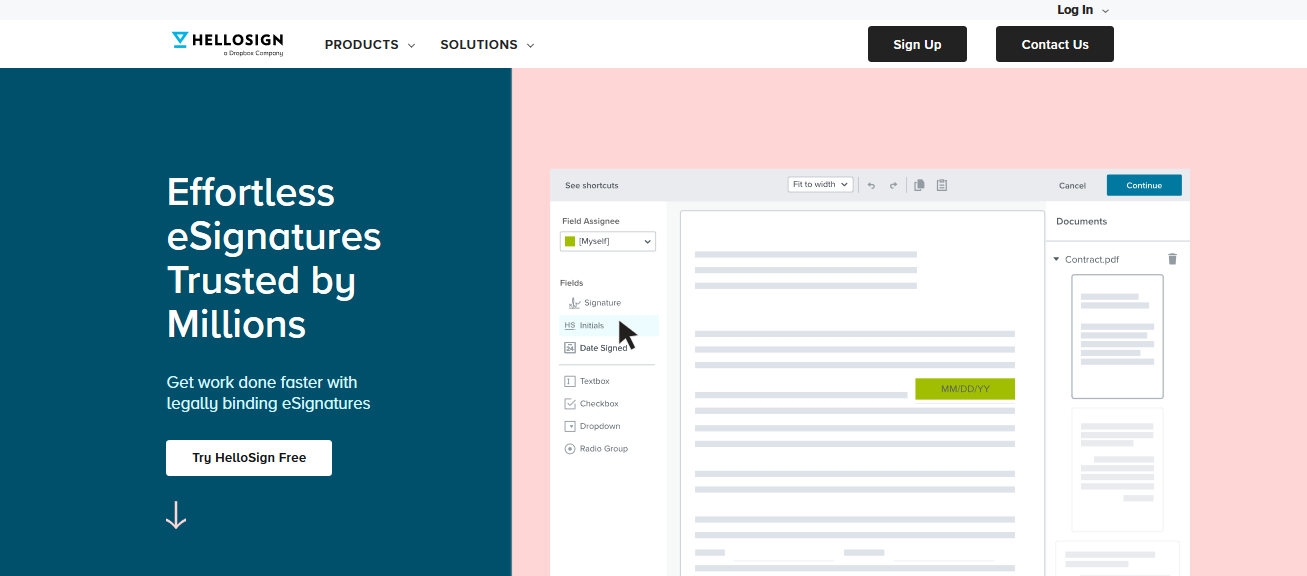
Features that help you scale
- Provides you with a drag and drop builder to create your legal documents
- Build credibility by creating custom branded forms
- Use their templates for documents that need to be frequently signed such as employee contracts
- Allow people to sign these documents from their devices
22. Buzzsprout
By 2022, we’ll have 132 million podcast listeners in the US alone. Their convenience has fuelled the unprecedented growth of podcasting, given that listeners can tune in as they go about their day. Use Buzzsprout to start a podcast to expand your reach, improve your brand awareness, and drive more traffic to your store.
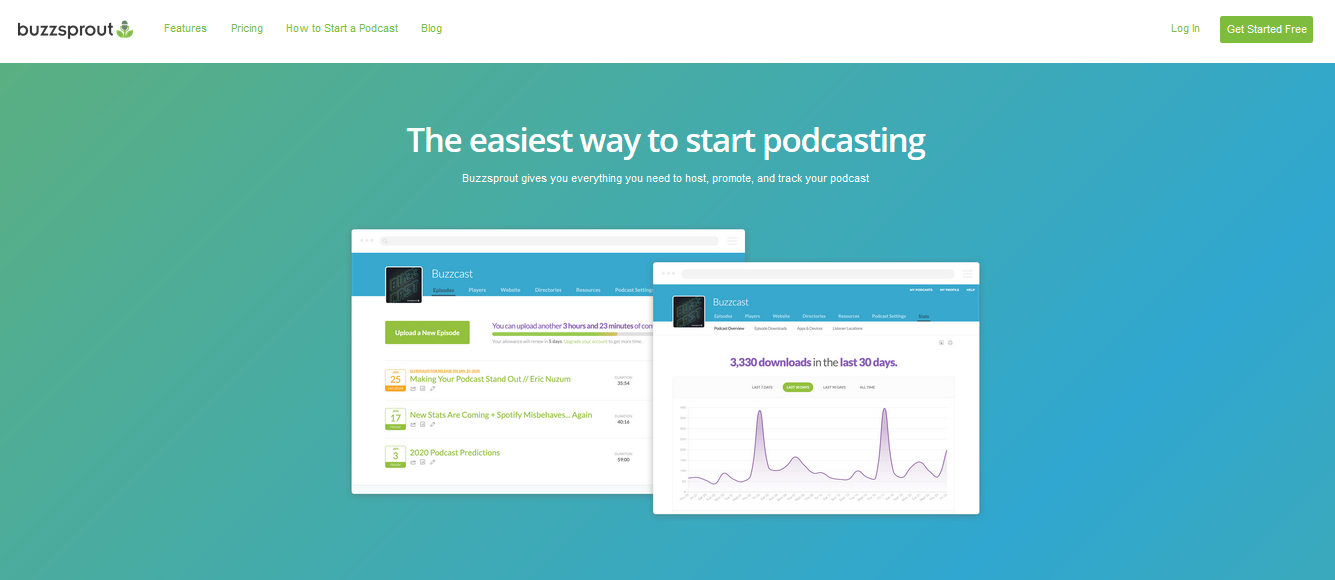
Features that help you scale
- It allows you to submit your podcast to popular directories to help increase your reach
- Get high-level insights about your podcast such as number of downloads, and apps people are using to listen to your podcast so that you improve on your content
23. Lastpass
Given that your team is also growing, you’ll need to make it easier for everyone to access the tools they need when working. At the same time, you don’t want to share your passwords because it increases the risk of losing them or unauthorized access.
Lastpass creates, organizes and saves all your passwords in one place. When someone needs to login, all they do is click on a relevant site, and it auto-fills the correct login information.
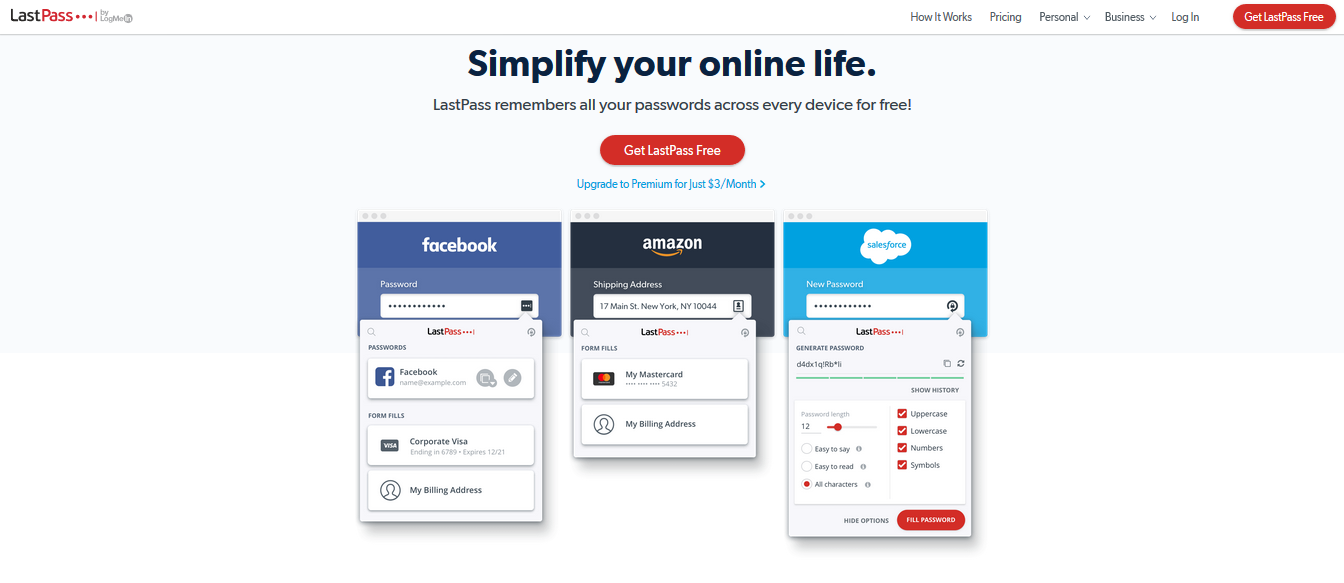
Features that help you scale
- Helps you generate random passwords -you don’t need to figure out how to create a strong password
- Create shared folders so employees can access the tools they need to work
- Syncs across different devices
- Automatically fills in login details for sites, so all you need is to login
24. QuickBooks Online
QuickBooks Online helps you keep track of your business expenses, such as payroll, bills while tracking your revenue at the same time and in one place.

Features that help you scale
- Provides you with a profit and loss report for your business to know how well you’re doing
- Protects your accounting information to avoid tampering due to unauthorized access
- Allows you to add users such as your accountant to help you understand your accounting reports
Miscellaneous Tools
We’re almost done. Take a look at these and see how they fit into your scaling strategy.
25. Zapier
Zapier helps automate actions based on the triggers you set so that you don’t have to go back to your primary tool to complete a task.
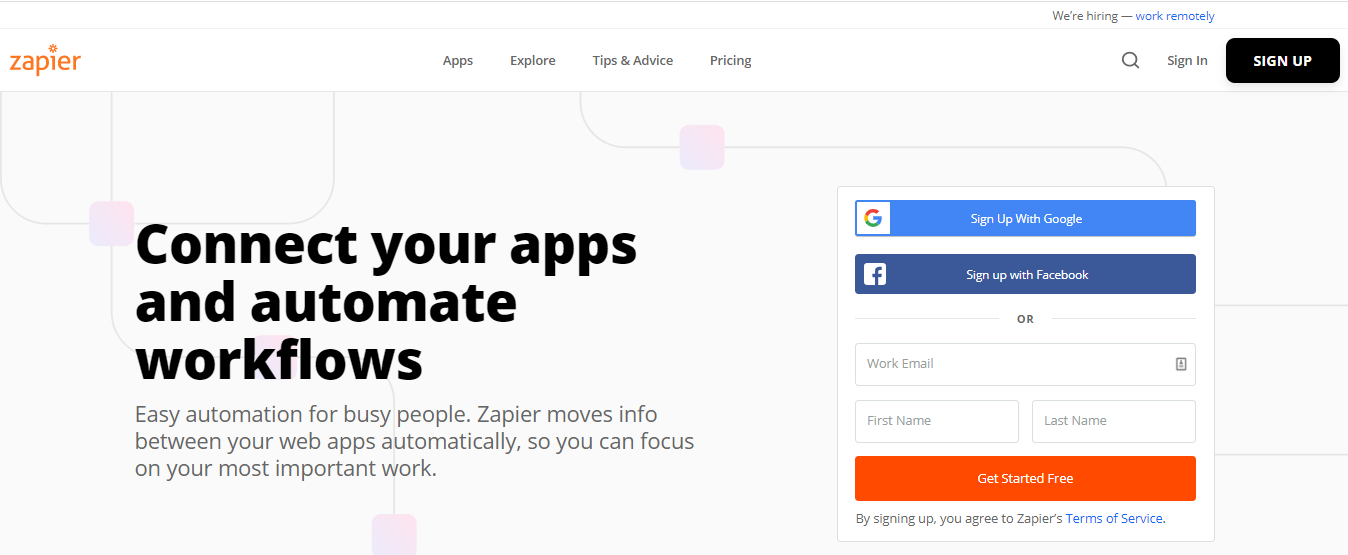
For example, if you’re using Woven to schedule meetings, you don’t need to go back to the tool to create a reminder or send a notification to all concerned parties about the meeting. Set up triggers inside Zapier so that this happens automatically once someone schedules a meeting with you.
26. Bloomreach
What products do your web visitors search for when they visit your site?
Bloomreach helps you know this information through its artificial intelligence features, making it easier for them to find the products they want to buy.
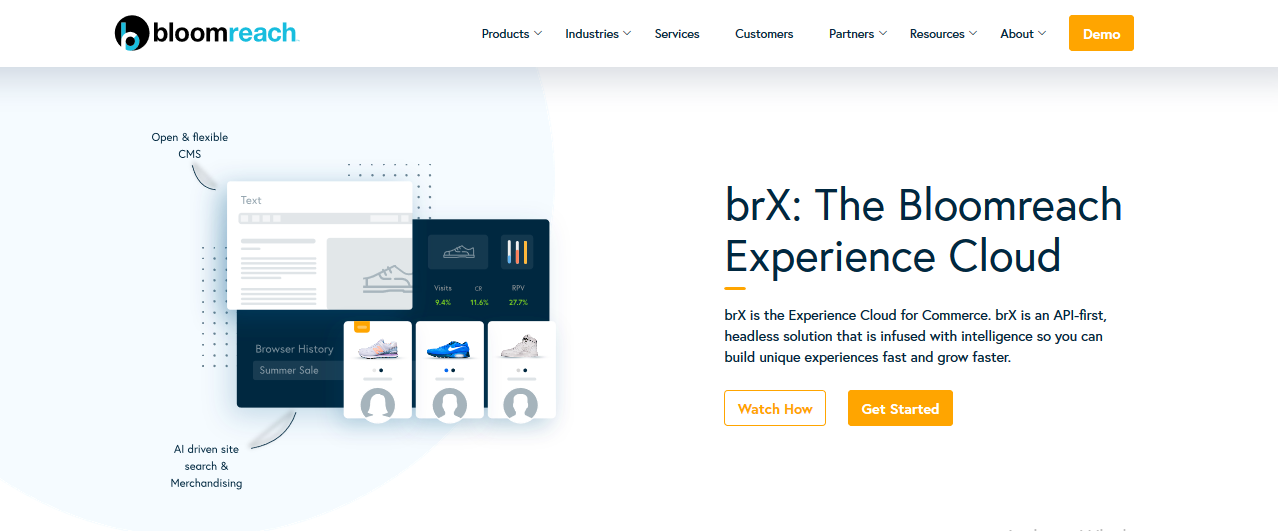
Conclusion
Having made it this far means that you’re passionate about scaling your ecommerce website. However, the tools you’ve just read about won’t save a bad scaling strategy or make up for a lack of resources you need to scale. They’ll help you get things done faster and more efficiently while preventing you from incurring the high cost of running your business.
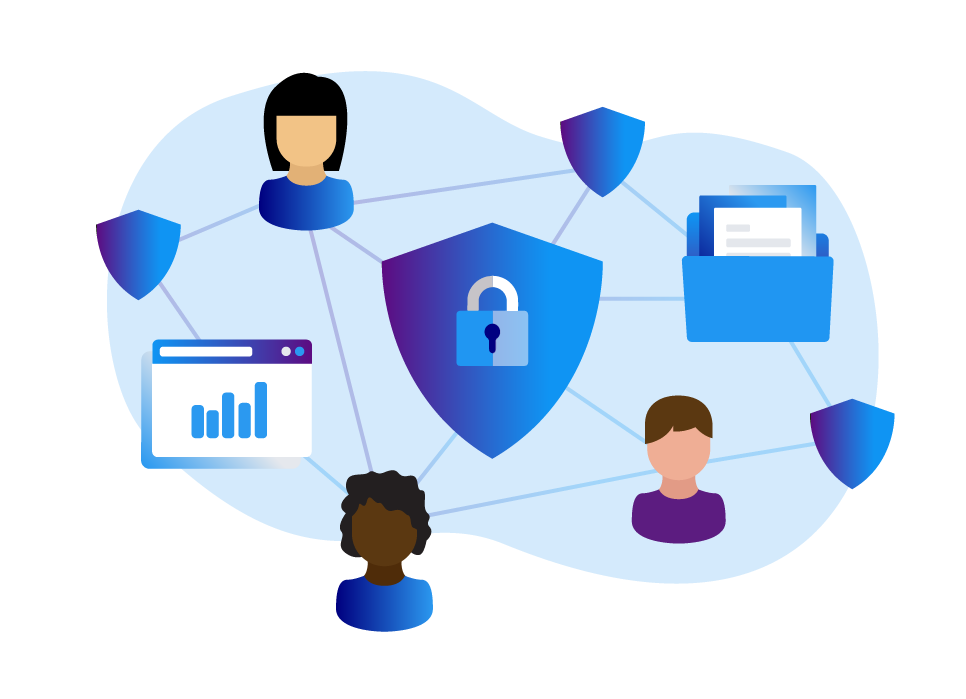
 Beatriz Estay">
Beatriz Estay">
